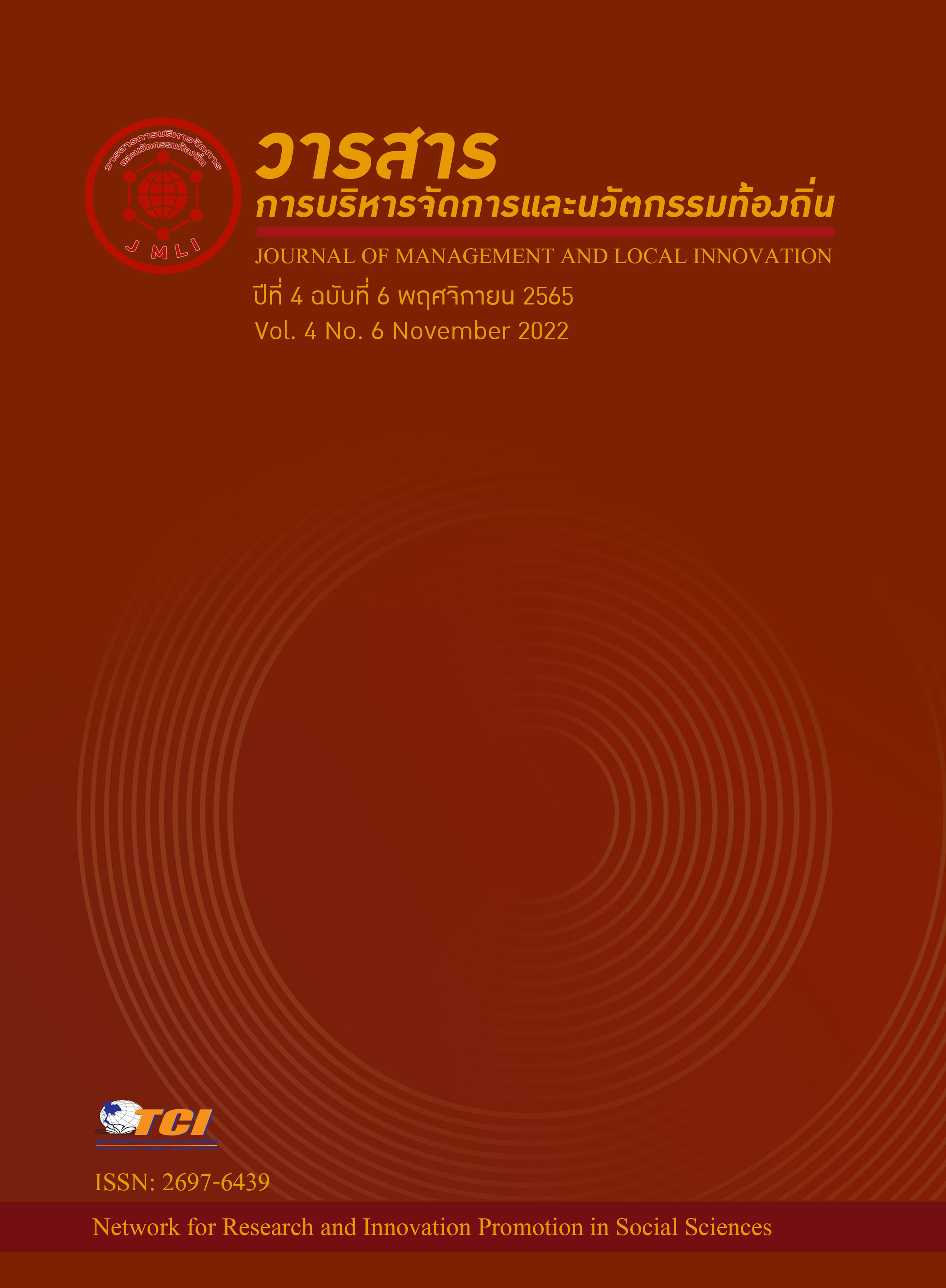Effectiveness of English reading development using Computer Assisted Instruction on COVID-19 prevention for grade 10 students of Ummaoprachasan school in Nakhon Phanom
Keywords:
Computer Assisted Instruction: CAI, Quality Assessment, English Reading EffectivenessAbstract
This thesis has three objectives: 1. to analyze the effectiveness of English reading development of students at grade 10 before and after using Computer Assisted Instruction on COVID-19 prevention, 2. to develop and validate Computer Assisted Instruction on COVID-19 prevention for students at grade 10 in Ummaoprachasan School Nakhon Phanom, and 3. to study the opinions of students at grade 10 in Ummaoprachasan School Nakhon Phanom after using Computer Assisted Instruction on COVID-19 prevention. The target groups of this study were 30 students at grade 10 in Ummaoprachasan Schoo, Nakhon Phanom, Thailand who were selected to participate in this study conducted in the second semester academic year 2021. The research instruments used were 1) Computer-assisted instruction lessons, 2) Computer Assisted Instruction media quality assessment forms for development through CAI lessons, and 3) a questionnaire to examine the opinions toward learned reading English about COVID-19 prevention through CAI lessons. The statistics program was run by the Microsoft Excel 2013 program for windows, analyzed mean (x̄), S.D. and a t-test (dependent sample) were adopted to evaluate the difference between the students' learning result through CAI lessons. Mean (x̄) and S.D. were also used to interpret the results from the quality assessment forms and the questionnaire. The results of the study revealed that 1) post-test scores were higher than pre-test scores. Additionally, the post-test mean scores of the experimental group were 26.37. There was statistically significant difference of the post-test mean scores experiment group at .05 level of significance, 2) the overall answering to quality assessment form level was at a very level by mean (= 4.18), and 3) the overall opinions at a very level by mean ( = 4.23).


